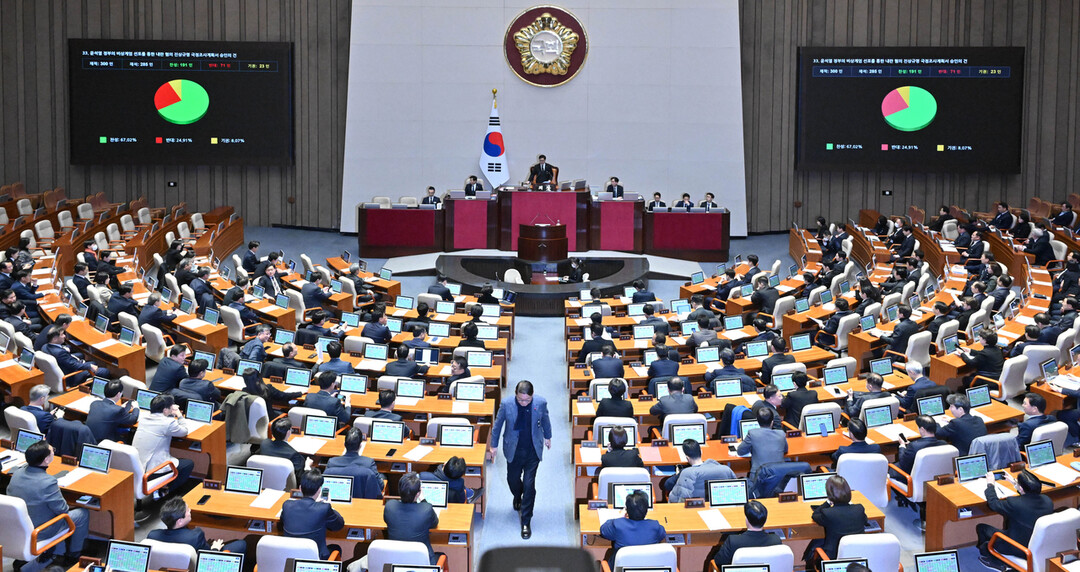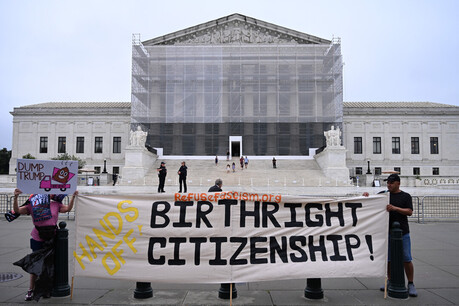
Seoul, South Korea – The South Korean National Assembly on [date] passed a landmark law that eliminates the statute of limitations for crimes committed by the state, a significant step toward addressing past human rights abuses under authoritarian and military regimes.
The "Special Act on the Statute of Limitations for Anti-Human Rights State Crimes" was passed by a vote of 179 to 105, with 5 abstentions. The law, proposed by the Democratic Party, aims to provide redress to victims of state-sponsored human rights abuses and their families.
The legislation defines a range of crimes as anti-human rights state crimes, including intentional killings by public officials, injuries or deaths caused by negligence of military commanders, and abuse of power, destruction of evidence, harboring criminals, and perjury by investigative officials.
Under the new law, victims can file civil lawsuits for damages without being time-barred. The law also retroactively applies to past cases, meaning that victims who have already missed the previous statute of limitations deadline can now seek compensation. Families of victims have five years from the date they become aware of the crime or the perpetrator to file a lawsuit.
The Democratic Party argued that the law is necessary to address past injustices and ensure accountability for those who committed human rights abuses. However, the conservative opposition expressed concerns that the law could be used to unfairly target law enforcement officials and could lead to a surge in lawsuits.
The law's passage has been widely hailed by human rights activists and victims' groups, who have long called for such legislation. They believe that it will help to heal the wounds of the past and prevent future abuses.
[Copyright (c) Global Economic Times. All Rights Reserved.]





























